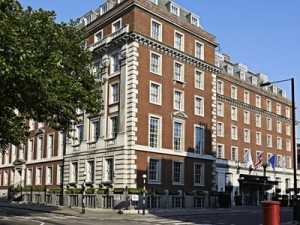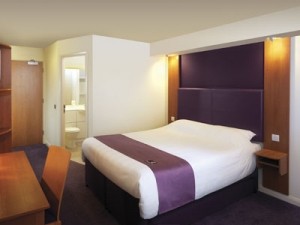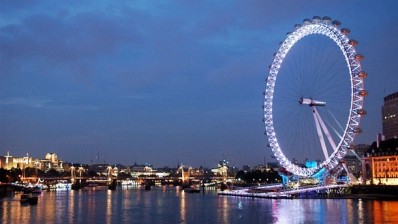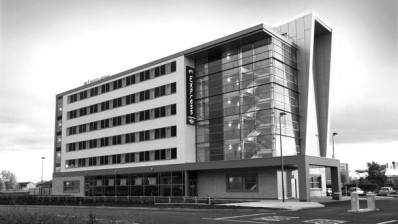Hotel finance: The big divide
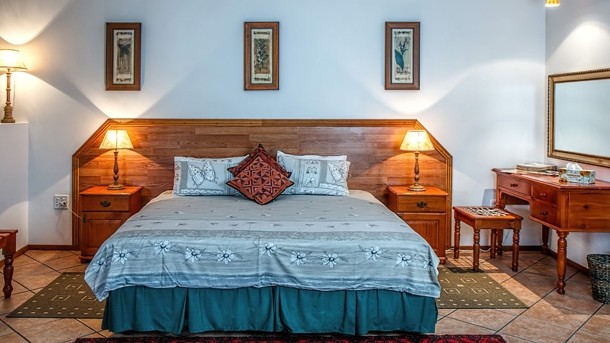
But this surge in investor interest is not reflected in all segments, and while branded portfolios sell like hotcakes, independent property acquisitions are a lot harder to come by.
“When people use the phrase the hotel market, typically it applies to the branded segment, because that’s the area with the most visibility in terms of data. Investors are certainly back for those. There are more transactions happening at the lower end of the non-branded operations but we are still very much driven by the branded hotels,” says HVS director Tim Smith.
Equity
Raising equity is a different story according to what kind of hotel it is for. On the one hand, branded properties seem to be in high demand for today’s investors. According to Deloitte, mergers and acquisitions were up a whopping 65 per cent in the first half of 2014, amounting to £1.5bn.
In that period, 70 per cent of deals were on single assets and 30 per cent on portfolios. Transactions included the sale of the Four Pillars portfolio and De Vere Venues to Starwood Capital, as well as London’s Edition by Marriott and Marriott Grosvenor Square – all branded properties.
“On the equity side, there are many more sources that would look at that kind of offer to come on board. Because it’s a branded property and as such, it’s typically in a good location, the risk associated with that is definitely reduced,” explains Smith.
On the other hand, independent assets that don’t benefit from brand status and booking databases are struggling to raise investor interest.
“The general rule is that equity for independents is pretty much going to come from the owners and their friends and family,” admits Smith.
“Funding from other sources would only really be available if the asset could be added to an existing portfolio. For example if one of the big US funds bought debt from a bank, acquired a portfolio of hotels within that and is looking to expand that to mitigate risk, then they could be interested.
“But for that to happen it’s got to be a pretty special hotel in a great location.”
Debt
On the debt side, the good news is that it is once again available and affordable, though the debt to equity ratio is lower than it was before the crisis, meaning borrowers need to raise significant equity amounts in order to secure debt finance.
But when it comes to assessing loan applications, banks and other providers also seem to be following market trends towards branded assets – particularly in the fast-growing budget segment.
“If we got a hotel loan application, we’d look at which segment of the market it’s going into and what the actual asset is going to be. Clearly if you open under a large brand you benefit from a massive booking system and a recognisable brand that will generate more room bookings than independent operators,” says Andrew Taylor, head of leisure at Natwest.
Getting funded as an independent
No need to despair however: even independent, unbranded properties can receive debt funding. The good thing about hotels is that debt providers can use the actual property as security.
“A lot of our restaurant lending is on relatively short-term leasehold operations, and there’s not a huge amount of security, whereas hotels have a bricks-and-mortar asset that has a value,” Taylor adds.
When it comes to presenting a loan application, the key is to come prepared.
“Gone are the days of turning up to your bank managers and saying you want to borrow for ‘a good hotel’. You’ve got to have the full story of what the debt is for and how you’re going to repay it, as that’s very much banks’ driving force now: what is the risk of them not receiving the cash back,” says Smith.
According to Taylor at Natwest, banks look at supply and demand in a particular market, so be aware of competition in your area and segment.
Smith advises going to the bank with proof that you have assessed how much the loan is going to cost you, and that it is eminently affordable based on the business’s history; drafting a full business plan or feasibility study; and evaluating risks.
“For example if you’re a wedding venue and you’ve always done 30 weddings a year, what happens if you only do 20? And what are you doing to widen the appeal of the hotel and get some conference business to complement the weddings?” he points out.
But the best way to secure financing for an independent hotel is to show what makes it unique.
“With independent hotel operators, it’s about understanding what sets them apart. It might be a unique venue, a very good restaurant proposition alongside it… It’s all about what will drive consumers to that particular location,” explains Taylor.
Expansion and refurbishment
Raising funds for expansion or refurbishment should be easier than for the initial acquisition. Not only are banks more likely to provide funding for existing businesses, but once the hotel has been operating for a minimum of six to nine months, it becomes eligible for low-risk cash advances from alternative lenders such a Boost Capital or Liberis.
Refurbishment money is also available from peer-to-peer lending platforms such as Funding Circle, which puts borrowers in touch with a bank of investors including the British Business Bank and local councils.
